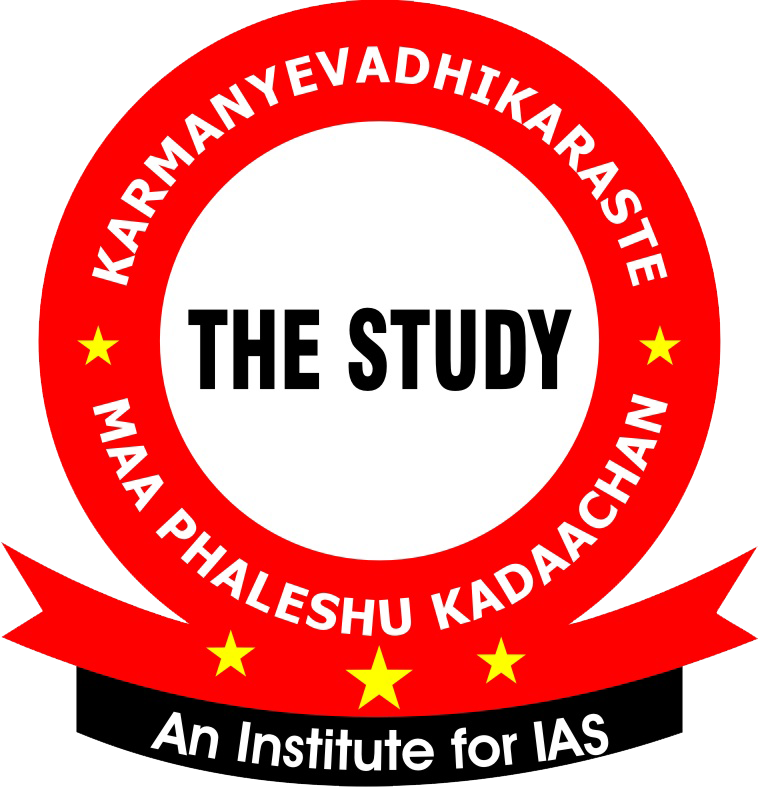U.S.-Pak. ties amid changes in Afghanistan
The Hindu, 17-08-21
Paper – 2 (International Relations)
Writer – Vinay Kaura (Assistant Professor, Department of International Affairs and Security Studies, Sardar Patel University of Police, Security and Criminal Justice, Jodhpur, Rajasthan)
Pakistan’s nonchalance towards the Taliban undermines its attempts to reset relations with Washington.
Pakistan’s annoyance with U.S. President Joe Biden is understandable. Pakistan’s National Security Adviser Moeed Yusuf could not hold back his frustration over Mr. Biden’s apparent unwillingness to talk to Prime Minister Imran Khan. Mr. Yusuf even went to the extent of saying that Islamabad also had “options” if the U.S. believed that a Biden-Khan phone call was a “concession”.
Regardless of the consequences that were entirely predictable, former U.S. President Donald Trump’s administration signed an ill-conceived peace agreement with the Taliban in February 2020. Hypothetically, it was meant to pave the way for power-sharing negotiations between the Taliban and the Afghan government. But it practically ended up legitimising the former and marginalizing the latter. Pakistan consistently claimed that it had played the most important role in persuading the Taliban to talk peace. But no progress was made in the talks due to the Taliban’s determination to militarily capture Afghanistan.
Not without reason
The U.S.’s cold shoulder to Islamabad is, therefore, not without reason as whatever progress Afghanistan achieved over two decades is set to be reversed by the Taliban, Pakistan’s most notorious proxy. With the Taliban’s surprisingly swift entry into Kabul and the ignominious capitulation of Afghan institutions, politicians and militias, all grandiloquent talks of creating a stable, democratic and peaceful Afghanistan have vanished into thin air in the same way as the Afghan Army, which was trained and equipped by the U.S.
Though the Taliban has made tall promises to the U.S., China, Iran and Russia that it will not permit terrorists to operate from its territory, an unmistakable sense of jubilation over defeating the U.S., the mightiest power in the Western world, tempts the Islamist insurgents to dishonour such commitments and become more radicalized. It should not be forgotten that the Taliban had preferred to accept Afghanistan’s destruction rather than handing over al-Qaeda leader Osama bin Laden to the U.S. two decades ago. The possibility of Afghanistan becoming a safe haven for terrorists under Taliban rule remains very high.
Pakistan’s official stand has been to prefer a politically negotiated outcome in Afghanistan, but even Pakistanis don’t believe this farce. The country’s recent attempts to distance itself from the Taliban, as manifested in Mr. Khan’s public statement that Pakistan did not speak for the Taliban, will fall on deaf ears. Mr. Khan has also cut a sorry figure by hypocritically claiming that the Taliban were hiding among Afghan refugees in Pakistan.
But that is not the end of the story. Notwithstanding Washington’s huge disappointment over Pakistan’s failure to convince the Taliban to discuss the terms of Afghanistan’s governance, the Biden administration probably believes that Pakistan will continue to play a critical role in a Taliban-dominated Afghanistan, requiring Washington to communicate closely with Islamabad.
And despite many perceived humiliations and setbacks over the years, Pakistan’s ruling elite still values its relationship with the U.S. In the immediate aftermath of American withdrawal, Pakistan is trying hard to reinvent its value to the U.S. Mr. Biden has not found time to talk to Mr. Khan even after more than six months in the White House. The Pakistani Prime Minister is not amused with the U.S. President, who has more than once interacted with Prime Minister Narendra Modi.
Though Mr. Yusuf has not disclosed his country’s “other options”, it is not too difficult to understand what he is referring to given the current geopolitical scenario. China is Pakistan’s number one option — Beijing has been one of the strongest pillars of Pakistan’s anti-India policies. Of late, Pakistan has attempted to draw closer to Turkey, supporting the latter’s ambition to assume leadership of the Islamic world. Moreover, Pakistan has taken steps to strengthen its ties with both Russia and Iran. But these relationships do not seem resilient enough for Pakistan to forge a stable regional security order because its effectiveness remains highly questionable. Turkey is already trying to be in the Biden administration’s good books. The backing given by Iran’s new President Ebrahim Raisi to India’s role in maintaining peace in Afghanistan signals obstacles for Pakistan in achieving its aims in Afghanistan.
Significant symbolism
Mr. Biden has not lost sleep over hurting Mr. Khan’s inflated ego, and this probably makes Pakistan’s security establishment somewhat restless. After all, Special Envoy Zalmay Khalilzad’s multiple visits to Islamabad and Rawalpindi, coupled with U.S. Secretary of State Antony Blinken’s many telephonic talks with his Pakistani counterpart, Shah Mahmood Qureshi, can’t be a replacement for a Biden-Khan conversation. For Pakistan’s security establishment, the symbolism has been as significant as the substance in its relationship with the U.S.
If the prestige of a country’s rulers depends on the goodwill of another power, then the latter has the capacity to force the former to join hands with it. But Pakistan defies this conventional wisdom as its rulers have often disobeyed the wishes of the U.S, without having to suffer the consequences for such refusal. Pakistan’s close ties with the U.S. during the Cold War era have often allowed it to punch above its military and economic weight. Nevertheless, tumultuous changes in the global geopolitical scenario and Pakistan’s continued nonchalance toward the U.S.’s security concerns threaten Islamabad’s attempts to reset ties with Washington.
Though Mr. Trump had publicly expressed his frustrations over Pakistan’s double-dealing in Afghanistan, Mr. Biden has preferred to remain largely silent thus far. However, this silence should not be interpreted as the U.S.’s eagerness to forget that its disgraceful defeat in Afghanistan had been facilitated by the Taliban’s sanctuaries in Pakistan, a fact conveniently ignored by Mr. Khan while arguing that the U.S. “messed it up in Afghanistan”.
Despite public denial by the Pakistani Prime Minister that his country would not allow American bases in Pakistan for intelligence-led operations inside Afghanistan, there are reports that the U.S. has not given up its efforts to seek bases in Pakistan. But the problem is that in Pakistan’s popular discourse, sustained by media and politicians, the anti-drone narrative questioning the Pakistani establishment’s collusion with the U.S. has become so entrenched that American bases seem highly improbable, if not impossible. That is why Mr. Yusuf has been forced to deny any discussion over bases in talks with his American counterpart.
While no progressive Afghan can forgive the U.S. for pulling out its troops unconditionally without waiting for a negotiated political settlement, it seems unlikely that Mr. Biden will announce any kinetic initiative to reverse the Taliban’s military victory. If Washington expects Islamabad to use its influence over the Taliban’s state policies and also provide counterterrorism cooperation in the post-withdrawal landscape, these hopes are patently unrealistic because Pakistan has become accustomed to being verbally condemned against its multidimensional support to the Taliban without suffering any serious damage to its material interests. And if the inexorable circumstances put pressure on the Biden administration to outsource Afghanistan to Pakistan, it will have ramifications over New Delhi’s enthusiasm in firming up the India-U.S.-Australia-Japan Quadrilateral (Quad), an outcome the U.S. cannot afford at the moment.

